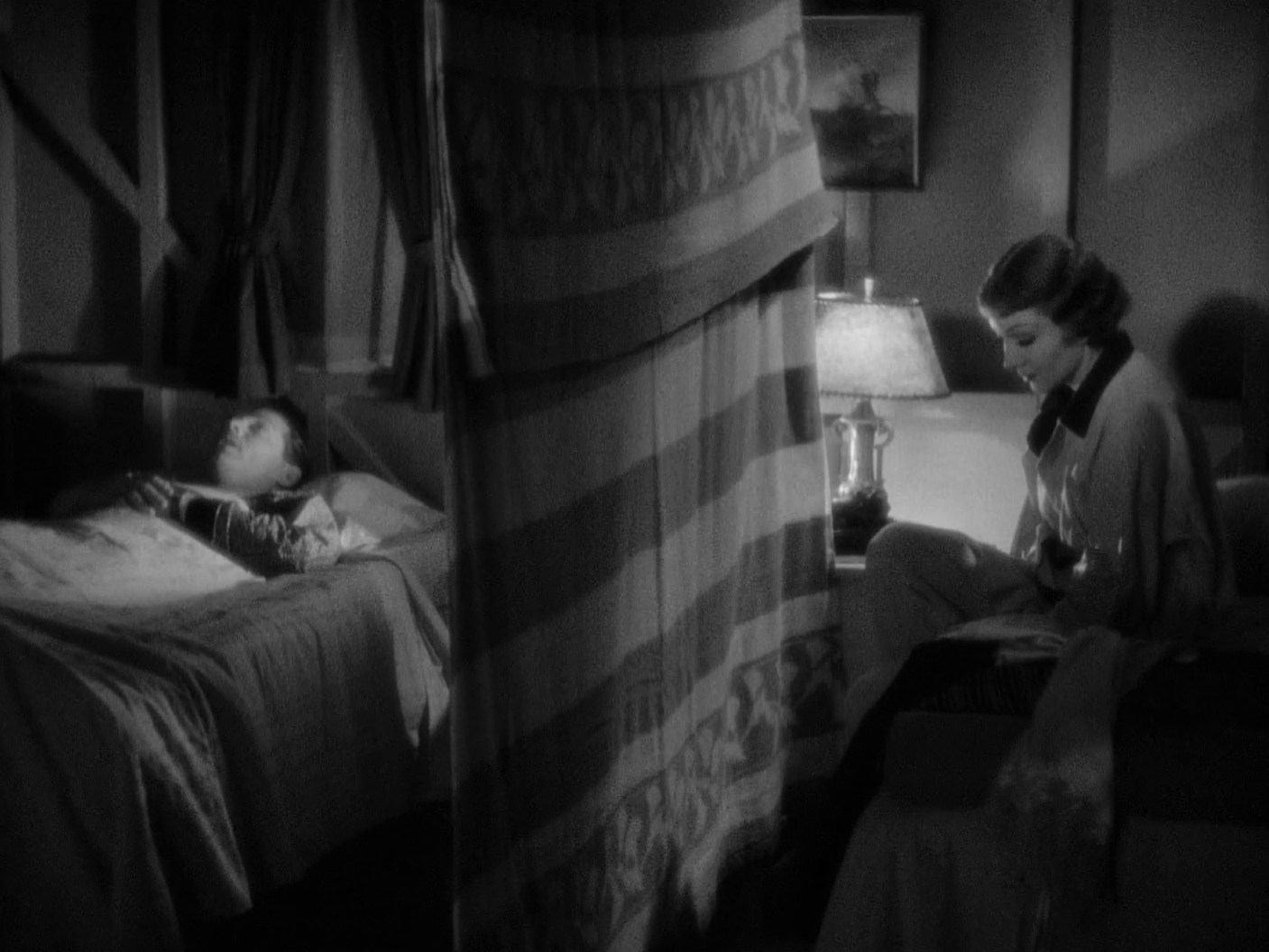Week 26/2023
In Eric Rohmer’s Conte d’hiver, Félicie cannot choose between her two lovers. Not so much because she doesn't know what she wants, but because her feelings for them don’t even come close to her desire for Charles, a lost love she can’t seem to forget. What begins as a seemingly traditional love story gradually develops into a philosophical exploration of what it means to make a decision. How long should we hesitate? Can we ever be certain in a contingent world? Should we regret our mistakes? In his characteristic style, Rohmer discerns weighty existential questions in the lightness of everyday life. But Félicie couldn’t care less about her friend’s intellectual ramblings about Plato and Pascal. In the end, a decision needs to be made, which, when it comes to love, is far from philosophical.
People can change their mind, especially about love. In Frank Capra’s It Happened One Night, Ellie is about to get married when she meets Peter, who is the opposite of her wealthy future husband in every way: charming, funny, and not a dime to his name. It takes a while for them to admit that they like each other, but the tension it generates is endearingly funny. The film became famous for its ingenuity in hinting at the erotic to circumvent censorship. As Capra shows, all you have to do to suggest the deepest passion is hang a blanket over a wire and let the viewer’s imagination do the rest.
What if you forget to decide what to do? The guests at a dinner party in Luis Buñuel’s El ángel exterminador keep delaying their decision go home to the point when they are simply unable to leave. Trapped in the room by their own indecisiveness, they let go of their feigned decency, indulging in inordinate behaviour that brings out the worst in each of them. Buñuel’s surrealist portrayal of the ruling class reveals the repulsive hypocrisy of bourgeois morals.




